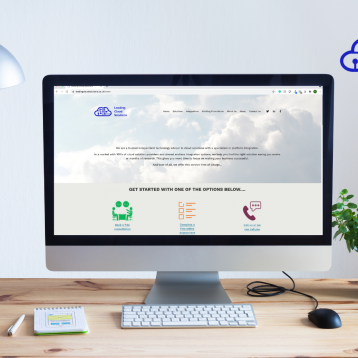Vicki Goodlock tells why she thinks that flexible working has advantages for today’s workforce and working practices.
When it comes to work, most people would say they’d love to have flexibility in where and when they work and to have more of a work-life balance. There are plenty of studies and surveys that show that peoples’ productivity, on the whole, tends to increase when allowed some form of flexibility.
I believe there are several reasons for this:
1. Office distractions
Working in an office environment is great, you get to meet people, chat about your weekend, what’s going on in ‘Game of Thrones’, who won what at the weekend – and whose been seeing who in the industry! But when it comes to productivity, there is a lot to be said for remote working, sitting in a coffee shop or at your home office might seem like an easy working day to some, but it often ends up leading to longer hours doing the thing you are being paid to do!
2. Collaboration
One thing I have found with working remotely is that, when I do speak with colleagues and people I work with, is that we communicate a lot better, I send fewer emails than when I worked in an office and tend to call people or arrange a video call. The calls always have a purpose, and both parties come away with clear actions! Let’s face it, how many times have you been in a face-to-face meeting in the office, and walked away wondering what next?? I know I have. According to research undertaken by Polycom 92 percent of workers say that video collaboration actually improves their teamwork.
3. Tools and time management
Remote working also tends to involve some sort of collaboration tool – like Slack, Microsoft Teams, ASANA or Trello – all of which allow people to update colleagues on where they are with activities and support multiple people working on the same thing at the same time without duplication of work. Office-based working often ignores these tools as unnecessary, as people can talk to colleagues in the office! But ‘can’ doesn’t mean do! Let’s face it most people will email a colleague who sits a few metres away rather than popping over to their desk or asking for a quick chat.
4. Errands, sickness and other days out
If you work in an office you have no choice when you’re under-the-weather, have to attend an event at your kid’s school or run an errand. Taking time off which cuts into your holiday allowance, annoying when the likelihood is that you might have only needed an hour out of the day, but due to logistics end up taking the full day! If I need to take my son to the doctors before nursery I do, and I make up the time when he’s gone to bed. If I have a cold. I get a cuppa and the duvet and continue working – and the best thing is no one else get sick!
Conclusion
The flexibility to work when and where is most appropriate is fast becoming a ‘must’. As millennials move into the workplace, businesses that don’t adapt will soon find they lose out on talent who choose the ‘startup’ that offers flexibility over the big corporate wage.







